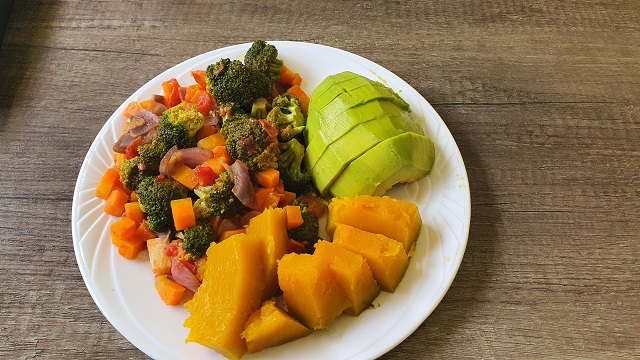
Cancers with IDH1 mutations are addicted to lipids
Canberra, Australia | Xinhua | A low fat diet could hold the key to stopping cancer growth, an Australian research has found.
In a study published on Tuesday, researchers from the South Australian Health and Medical Research Institute (SAHMRI) and the University of Adelaide found that cancers with IDH1 gene mutations cannot grow without lipids — fats found in foods including butter — dispelling that diets do not impact tumors.
Commonly found in types of blood, bone and brain cancers, the IDH1 mutation reprograms a cell to change enzymatic function.
“We replicated the results in a range of cancer types, comparing a regular diet with one that was completely fat-free and were surprised to find tumors with IDH1 were stopped in their tracks when starved of lipids,” Daniel Thomas, a clinical haematologist and lead author of the study from the SAHMRI, said in a media release.
“Unlike other tumours, cancers with IDH1 mutations are addicted to lipids, they need to eat them and they need to make them from scratch.”
Thomas and his team will now work to substantiate their findings in humans long-term.
However, he recommended that anyone who has been diagnosed with an IDH1 mutant cancer avoid foods that are high in saturated fats.
The team is optimistic the research could lead to the SAHMRI becoming the first facility in the world to combine IDH1 targeting with proton and small molecule therapies.
“These findings may eventually lead to an increase in survivorship in patients who’re in remission following treatment of IDH1 cancers using proton therapy or radiotherapy,” Thomas said.
 The Independent Uganda: You get the Truth we Pay the Price
The Independent Uganda: You get the Truth we Pay the Price



